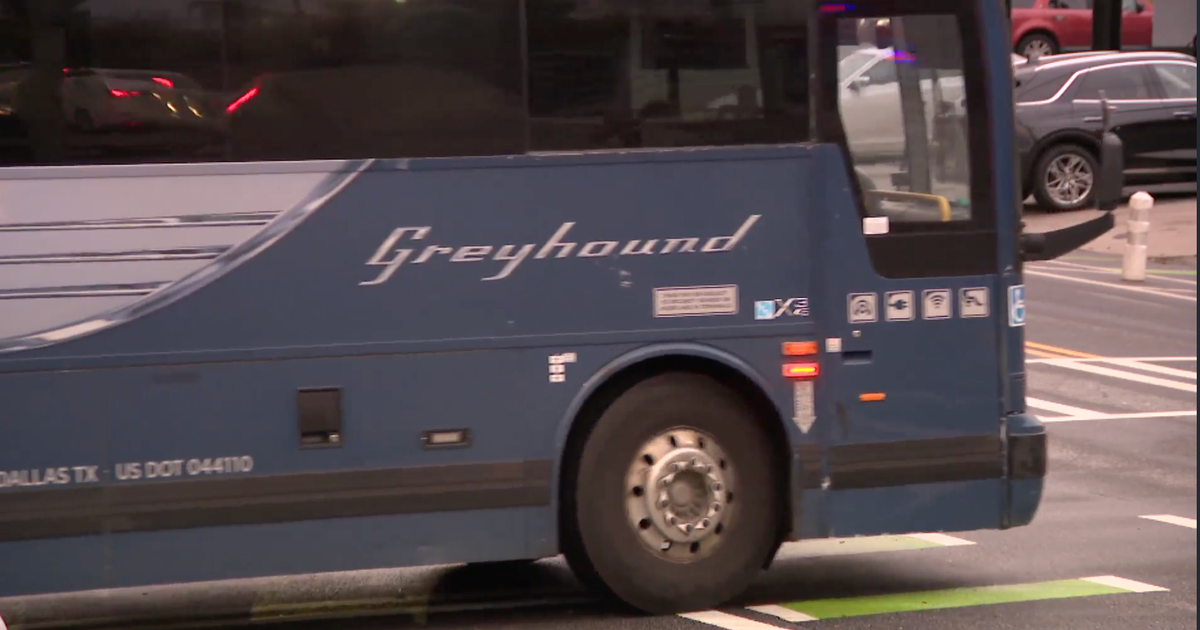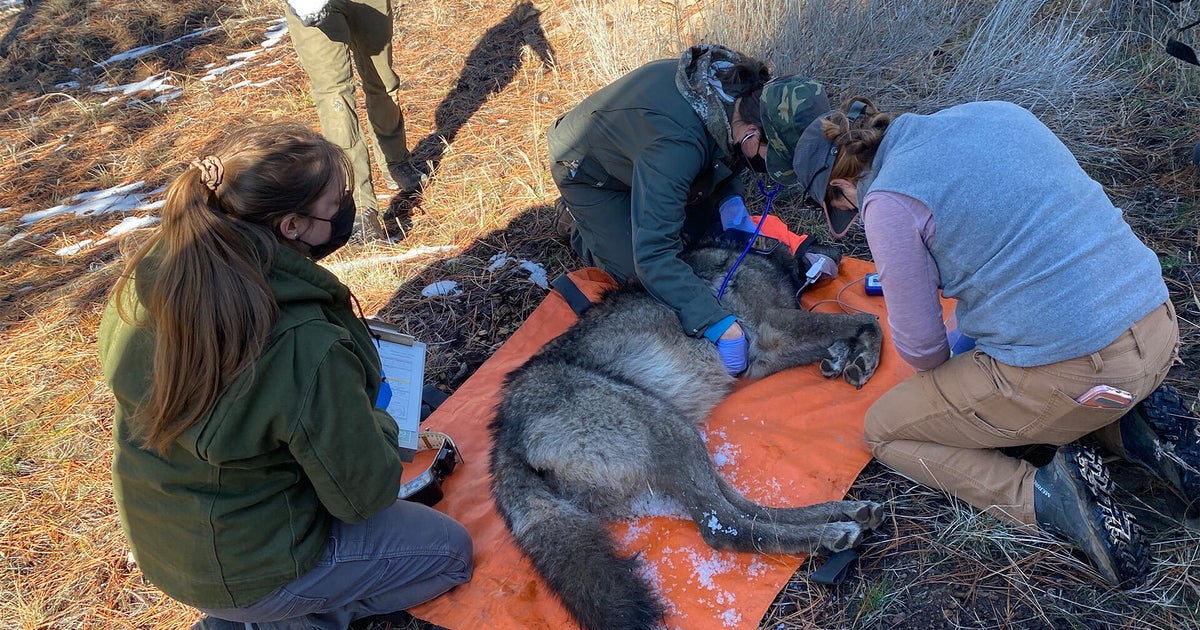California Pot Rules Mark Step Toward 2018 Legal Sales
LOS ANGELES (AP) - The largest legal marijuana marketplace in the U.S. is taking shape - at least on paper.
California regulators released long-awaited rules Thursday that will govern the state's emerging pot economy, from fields to retail sales.
The regulations have been in development for many months and in some cases covered familiar ground: At first, the state will issue only temporary licenses to growers and retailers, provided they have a local permit to open for business.
Other changes appeared significant.
Preliminary information from the state indicated a maximum 1-acre (0.4-hectare) cap would be set on most cultivators. In what would be a major shift, the regulations did not include that language, placing limits on only certain growers' licenses. However, the state must also ensure it doesn't violate any local rules.
Hezekiah Allen, executive director of the California Growers Association, an industry group, said the rules appeared to allow large businesses to obtain "as many licenses as they could afford," opening the way for vast grows that could threaten the success of smaller cannabis farmers.
The state "could have just opened the door for well-capitalized interests ... to really jeopardize the success of the marketplace," he said.
With the state already saturated with marijuana, it could "make an oversupply problem into an oversupply crisis," he added.
Voters last year legalized the recreational use of marijuana beginning Jan. 1. The market that has been valued at $7 billion, and within several years the state expects to collect up to $1 billion in new taxes.
The emergency rules will allow the state to begin issuing temporary licenses for growers, distributors and sellers next year.
But they come just 45 days before legal sales can kick off, and many problems remain.
Some predict high taxes will drive consumers to the black market.
Most banks won't do business with cannabis companies, and Los Angeles and San Francisco are among many cities without local rules in place.
Meanwhile, big gaps loom in the system intended to move cannabis from the field to distribution centers, then to testing labs and eventually retail shops.
In general, California will treat cannabis like alcohol, allowing people 21 and older to legally possess up to an ounce and grow six marijuana plants at home.
Come January, the newly legalized recreational sales will be merged with the state's two-decade-old medical marijuana market, which is also coming under much stronger regulation.
According to the regulations, annual fees for cultivation licenses could be nearly $80,000, or as little as $1,200, based on production.
Copyright 2017 The Associated Press.







